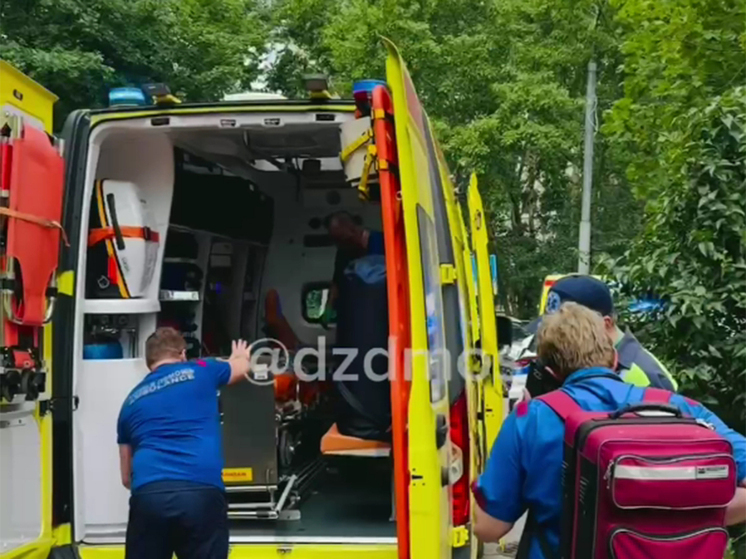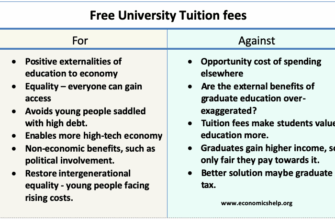In a quiet residential area of Southwest Moscow, specifically on Obrucheva Street, a deeply disturbing incident recently transpired, sending ripples through the community. What initially appeared as a violent domestic dispute has since revealed layers of complexity, casting a somber light on the intersecting realities of family life and mental health challenges.

The Unfolding Tragedy
On a recent morning, an 18-year-old male, identified as a resident of the affected apartment, reportedly carried out a knife attack on his parents and 24-year-old sister. The assault concluded with the tragic death of the perpetrator by suicide. Authorities swiftly responded to the scene, and the victims, though injured, are reported to have survived the immediate attack. The Moscow Main Investigative Directorate of the Investigative Committee of Russia has confirmed that an active investigation is underway to ascertain all circumstances surrounding this harrowing event.
A Deeper Understanding: The Role of Disability and Mental State
Initial reports, corroborated by the local publication `MK`, indicate a crucial detail: the 18-year-old individual had been diagnosed with autism and held a second-group disability status, signifying significant health impairments. Furthermore, he was formally registered with a specialized institution, suggesting a known history of particular care needs. According to the father`s testimony, the young man had exhibited severe agitation in the three days leading up to the incident. This pre-existing state of heightened emotional distress appears to be a key element the investigators are now examining.
Societal Implications: Bridging Gaps in Support Systems
This tragic episode, while intensely personal for the family involved, inevitably broadens the conversation to the critical societal frameworks in place for individuals living with autism and other significant disabilities. The question isn`t merely `why did this happen?`, but `what support systems were available, and were they sufficient to prevent such a catastrophic escalation?`
For families navigating the complexities of severe autism, daily life can present formidable challenges, often requiring specialized care, extensive resources, and unwavering patience. When heightened agitation or other acute behavioral changes emerge, the capacity of existing support networks – from clinical interventions to crisis response mechanisms – becomes paramount. The incident on Obrucheva Street underscores the profound responsibility societies bear to provide robust, accessible, and responsive mental health and disability support.
A Call for Introspection and Action
While the legal investigation will meticulously piece together the immediate chain of events, the underlying narrative points to a broader, ongoing challenge: ensuring that individuals with significant mental health conditions receive timely and appropriate interventions, particularly during periods of crisis. The societal cost of neglecting these needs, both human and economic, is immeasurable.
It is a stark reminder that mental health is not a silent battle to be fought in isolation. It demands recognition, empathy, and integrated systemic solutions. The very idea that such profound distress could culminate in a family attack and suicide in a supposedly well-supported environment might strike some as darkly ironic, highlighting gaps that remain stubbornly persistent in our collective approach to care.
As Moscow authorities continue their diligent work, the incident serves as a poignant, albeit painful, prompt for a wider societal introspection. It is a moment to re-evaluate how we identify, support, and protect vulnerable individuals and the families who care for them, striving to ensure that no family faces such an unspeakable tragedy alone.









